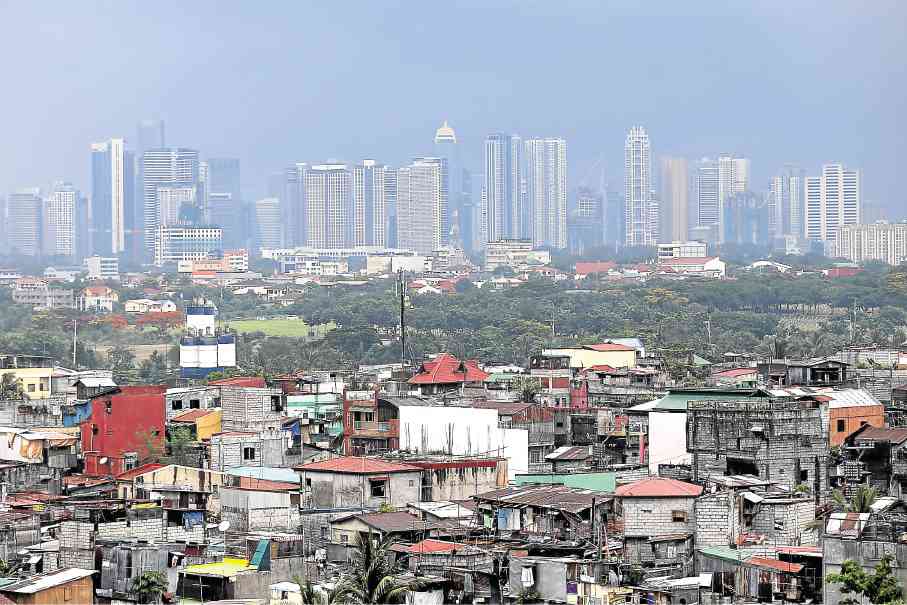Land conversion ban seen to worsen housing backlog
The proposed ban on land conversion projects may only worsen the rising socialized housing backlog, which is seen to hit 5.7 million units this year, according to the Housing and Urban Development Coordinating Council (HUDCC).
“The proposed blanket two-year ban on land use conversion will introduce further delays in the housing and resettlement processes, which will exacerbate the insurmountable housing backlog that we are working to address,” said Vice President Leni Robredo, who also chairs the HUDCC.
“This will further delay our efforts in Yolanda-affected and other disaster-stricken areas, since these sites are mostly within agricultural zones,” Robredo added.
Robredo, along with several other members of the Cabinet, had been vocal in their opposition against the land conversion moratorium, which was proposed by the Department of Agrarian Reform.
The said proposal seeks to suspend the conversion of agricultural lands to non-agricultural purposes, and to review all the land conversions, stock distribution and leasehold arrangements.
However, with the impending lack of supply in land for housing, Robredo expressed concern that a moratorium would only drive up the prices of residential lands and, consequently, significantly reduce the supply of low-cost housing.
“By unnecessarily locking up the land resources for two years, including those that were already identified as suitable for socialized housing, this will make our mission far more difficult in solving the growing problem of homelessness,” Robredo added.
Data from HUDCC showed that out of the projected housing need of 5.7 million units by the end of 2016, 1.5 million would be for informal settler families (ISFs) that need resettlement while 1.8 million units would be for families who were victims of natural disasters between 2009 and 2014 and would thus need immediate housing intervention.
“Even as we move to reinvigorate the country’s agri sector, we hope that the steps we take will not hurt the homeless and prolong the agony of the families waiting for supportive housing,” Robredo said.
On Wednesday, high ranking government officials submitted to Malacañang a position paper to oppose the DAR’s proposed land conversion ban. This petition was signed by Robredo, Socioeconomic Planning Secretary Ernesto M. Pernia, Finance Secretary Carlos Dominguez III, Trade Secretary Ramon Lopez and Budget Secretary Benjamin Diokno.
Even business leaders and economists had opposed the proposed moratorium, saying it would not only hamper the entry of much needed investments into the Philippines, but could set back the country’s development goals.

